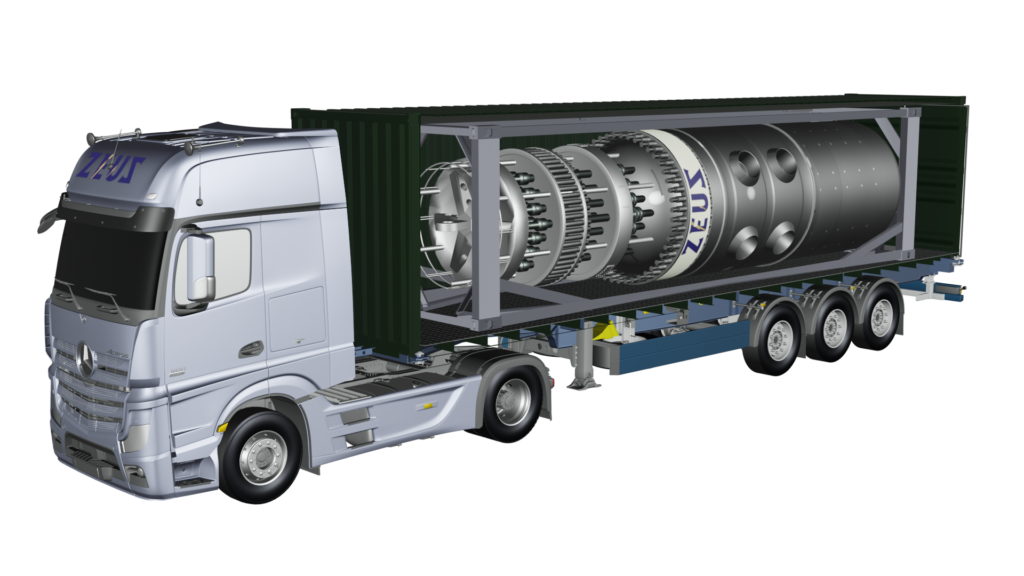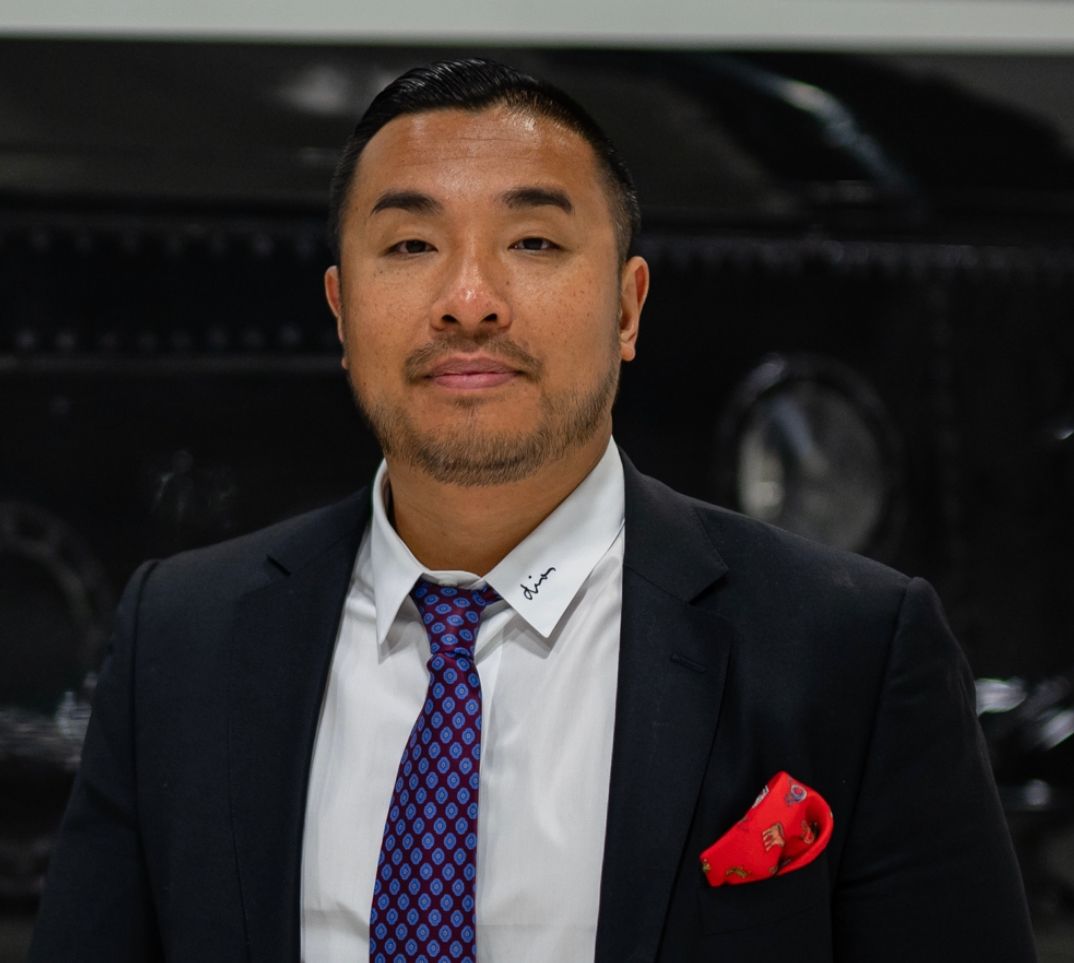Nuclear power is a solution to climate change because it is the largest source of low-carbon energy that produces minimal greenhouse gas emissions and can help reduce the amount of carbon dioxide and other harmful pollutants that contribute to climate change. In this exclusive interview with DARE AKOGUN, the founder of NANO Nuclear Energy Inc. Jay Jiang Yu, reveals technology has made it possible for NANO to focus on designing their own nano-nuclear reactors making nuclear energy safer and more efficient. Excerpts………
What informs your decision in starting NANO Nuclear Energy?
The Company started with the intention of entering the green energy space and was not focused on nuclear specifically in the beginning. All green power was considered, including wind, solar, etc.
Nuclear made an impression early because its Capacity factor was so much greater than any other option (this is the ratio of the electrical energy produced by a generating unit for the period of time considered to the electrical energy that could have been produced at continuous full-power operation during the same period).
Nuclear was multiple times more consistent, and importantly, when deaths/kWh was considered, it was the safest after solar; safer than everything else, including wind. The objective analysis led Nano to decide that nuclear would, by necessity, have to become an increasing part of the energy conversation, and the Company built its beginning on that understanding and insight.
NANO Nuclear Energy Inc. is the answer to the global climate change problem. They are committed to transforming the future of nuclear energy with smaller, cheaper, and safer solutions that can power our lives without harming the environment.
You have been a banker and an investor with a degree in psychology how has been coping in this field of investment taking into consideration that experts are required to drive such companies?
The key to any company thriving and succeeding in any industry is the people involved. Being able to identify the best people in the world was my principal occupation when Nano started, and it continues to be my most important job going forward.
Within Nano, we have what we believe are the world’s best technical minds developing the most practically realizable microreactor concepts, with the largest potential market. These big ambitions would not be possible without the people Nano has recruited, and we won’t stop our drive to keep bringing on the world’s foremost experts in every profession that can help elevate Nano to be the most prominent company in the industry.
Your company focus is on the problem from the emissions side, and not the absorption side, how has it been so far in achieving your goals?
The growth and expansion of Nano have been rapid. The company may be one of the best-timed newly launched companies in recent years, capitalizing on the global momentum towards green energy, several major energy crises, a looming economic crisis, a war that has impacted global relations and supply chains, and a focus on domestic energy security.
All our planned goals for the company in these initial years have been realized and we have achieved far more beyond those goals, even opening up into new business areas we had not planned to explore. This is a momentum we plan to capitalize on further and continue our expansion to become a major global player in national energy markets.
How impactful has been the development of Small Modular Reactors by your company?
We believe the reactors Nano are developing will change the landscape for multiple industries. Nuclear-powered charging stations across continents for electric vehicles, the shipping industry switching to nuclear-powered vessels, desalination plants, and hospital facilities able to be located in any remote location removed from grid systems, remote industrial projects running for decades without requiring refueling, disaster areas with immediate power to help the recovery effort, and development in remote landlocked territories suddenly becoming far more economic and rapid. We believe our designs hold the key to unlocking all this potential, it’s a future we’re all extremely excited to make real.

Talking about achieving net zero by 2050, with what analysts have said the issue isn’t to come up with solutions but to have them ready and working on a global scale by then, with the current state of preparation of governments around this, do you think this is achievable?
If the goal is to identify global solutions by 2050 to achieve net zero, then this is certainly feasible. The world will likely always utilize fossil fuels in some capacity given the wide array of downstream products deriving from oil, such as plastics, but even nuclear offers the opportunity to decarbonize the fossil fuel industry, especially aspects like shipping oil which requires enormous shipping vessels and huge quantities of diesel to power them.
Imagine no future large vessel needing diesel, the carbon emission reduction would be enormous. All these solutions will be available by 2050, the question as to whether the technologies are implemented to achieve this global drive will depend entirely on government appetite and industry willingness, but with a gradual transition process over the next decades, the goal is certainly possible.
Bonne Climate Change Conference will be taking place in Germany, next month ahead of COP 28 later in the year. Do you think Nuclear energy should one of the major focuses of the conference?
Large-scale examples of efforts to move away from nuclear had always had adverse results, such as Germany decommissioning their nuclear power plants to focus on wind and solar, resulting in power shortfalls that forced them to buy power generated from Polish coal and French nuclear. Now its emissions are far larger and its energy bills far greater than previously.
The U.K.’s neglect of its nuclear industry also led to challenges in meeting its energy demands during winter and a heightened risk of blackouts. If more countries don’t concentrate on developing their civil nuclear capabilities soon, they could face the same infrastructure and energy crises that Germany and the U.K. have suffered. It seems no amount of good intention can introduce green economies without nuclear being a major component of the solution.
Where do you see NANO Nuclear Energy in 5 years’ time?
In 5 years, time Nano will have a national fuel fabrication business, a nuclear fuel transportation business, a global nuclear services and consultancy operation, one or two reactors at prototype level undergoing licensing, a public listing, a profitable and large balance sheet, and many strategic investments and partnerships with the government and industry in the nuclear and energy space. The anticipated expansion for Nano over the next 5 years is expected to be fast and substantial.
Your advice to governments especially in the global down south in their efforts at mitigating the effects of climate change.?
Many governments are already acting to adapt their infrastructure and investment to steer their industries and countries towards more sustainable energy systems, but the pertinent message is to always act early so the transition can be gradual, less expensive, and less disruptive for the country’s workforce and institutions.
Early investment in relatively small amounts now would have a compound effect of delivering large-scale changes later. Identifying the methods to transition the means and methods of powering countries can start now. Nano is already involved in some of those discussions and we see a concerted direction the majority of countries are pursuing, any country running against the current or not developing transition strategies now, will find themselves in an expensive game of catch-up later.





